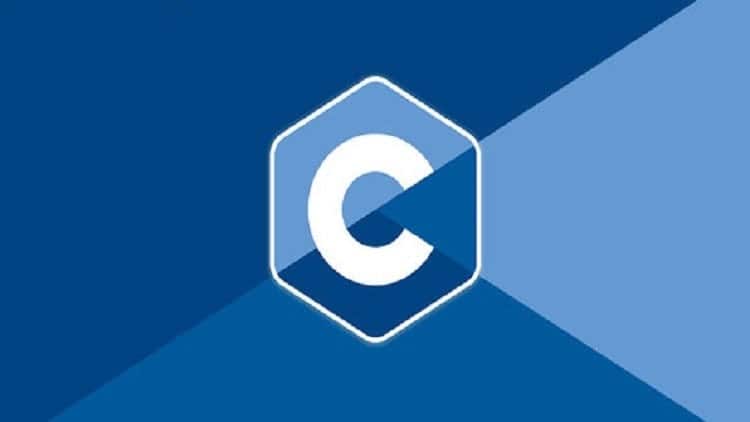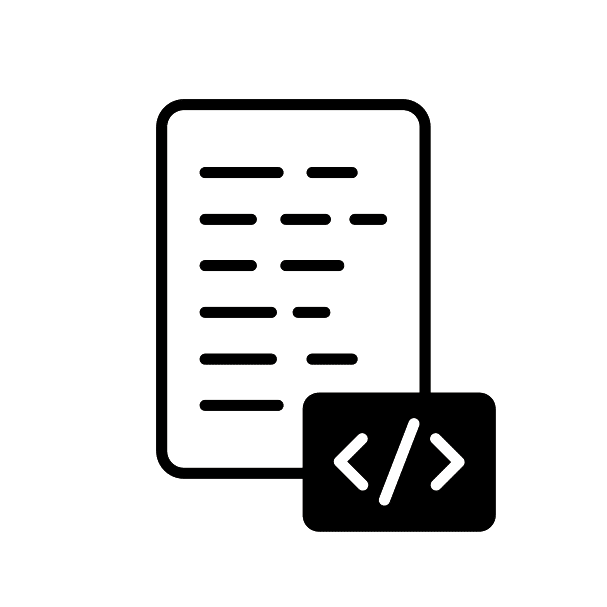Become skilled in the foundational language of programming: Learn C and unlock the gateway to coding excellence.

Our teachers and tutors graduated from top universities








Overview

Customised coding curriculum
Select your preferred coding languages or topics, and we'll connect you with an expert tutor who will ensure you're well-versed.

Test taking strategies
Get diagnosed about your weaknesses and strengths, and learn how to optimize your performance.

Private lesson
No need to accommodate other students. Learning is customised your perfect pace and difficulty so you are always improving.
About C
The C programming language, originating in the early 1970s, holds an enduring legacy that continues to shape the programming landscape. Its unique blend of low-level capabilities makes it an ideal choice for system programming, including the development of operating system kernels and hardware drivers. What sets C apart is its remarkable balance of efficiency and simplicity, delivering unmatched performance for system-level tasks.
One standout feature of C is its portability, allowing software to run across diverse hardware platforms. This quality is particularly valuable in embedded systems, where limited resources and high performance are critical. C grants direct access to a computer’s memory via pointers, enabling efficient data structure manipulation and rapid program execution.
Often regarded as the universal language of programming, C serves as the foundation for many high-level languages like C++, Python, and Java. Its syntax and core principles have left an indelible mark on modern programming languages, emphasizing its foundational significance. Proficiency in C not only serves as a stepping stone to mastering other languages and technologies but also makes developers versatile and adaptable.
The C Standard Library enhances the language’s capabilities by providing a collection of functions for tasks such as input/output operations, string manipulation, and memory allocation. This library plays a crucial role by standardizing these operations across different operating systems, promoting code reusability and maintainability.
Moreover, the vibrant C community continually contributes to its extensive ecosystem, featuring a wealth of open-source libraries and tools. With this mature and supportive community, programmers have abundant resources for learning, debugging, and enhancing their C coding skills.
From system software to databases, computer graphics to machine learning, C’s applications span a wide range, showcasing its versatility and indispensability in today’s technological landscape. Given its enduring relevance, learning C is akin to acquiring a timeless skill—an essential understanding of computer inner workings that will prove invaluable in any computing pursuit.
Description
Understanding C programming can accelerate your grasp of other languages, as it’s foundational and often considered the “mother language” of modern programming. Known for its speed compared to languages like Python or Java, C has found a niche in various domains such as gaming, banking, IT, education, and more. Gain proficiency in C programming through this comprehensive course, which covers the fundamentals and guides you in building your first program.
Whether you’re aiming to become a software engineer, delve into game development, or explore various tech-related fields, a strong foundation in C programming is invaluable. This course, developed in collaboration with industry experts, ensures that you not only learn the language but also gain practical skills for real-world applications, setting you on a path to success in the ever-evolving tech landscape.
What you will learn
- Delve into the core principles of C programming, encompassing crucial topics such as enums, various data types, nested loops, precise loop control, pointers, and arrays
- Acquire a solid theoretical foundation
- Apply fundamental concepts to construct your initial program
Requirements
- Ages 13 – 18
- Basic understanding of programming terminologies
Student FAQs About Coding with C
C is considered an excellent starting point in computer science education. Learning C can provide a profound insight into the intricate interaction between software and hardware, a fundamental understanding that proves invaluable when progressing to higher-level programming languages. Its syntax is straightforward, allowing beginners to focus on grasping core programming concepts without distraction.
Undoubtedly! Despite its status as one of the older programming languages, C maintains its relevance across various domains. It is a staple in system programming, embedded systems, and even finds application in modern software development. Proficiency in C can provide a competitive advantage, particularly in fields such as cybersecurity and data science.
Although C, C++, and C# share similar names, they are distinct languages with their own characteristics. C is procedural in nature, while C++ extends it by incorporating object-oriented features. C# (C Sharp) is a language developed by Microsoft primarily for web and Windows application development. While familiarity with C can facilitate the learning process for these other languages, it’s important to note that they are not identical.
To embark on C programming, you’ll need a text editor for writing your code and a compiler for translating it into machine language. Many Integrated Development Environments (IDEs) such as Code::Blocks or Visual Studio bundle these tools conveniently. Additionally, there is a plethora of online tutorials, books, and beginner-oriented courses readily available.
Novice programmers often encounter pitfalls such as failing to initialize variables, mishandling memory allocation, or overlooking compiler warnings. Developing an understanding of the debugging process and paying careful attention to error messages can be invaluable in sidestepping these common challenges.
How it works
1
Request a tutor
Let us know your goals and age range. We'll figure out a plan to help get you there.
2
Match with a tutor
We'll recommend you a tutor based on your needs and goals, or you can request a specific tutor.
3
Start a free trial
Experience a free trial lesson with your new tutor and see if your learning style matches.
4
Keep it up!
If everything went well, sign up to keep going! You can choose the pacing of the lessons
Need more info?
Let's talk.
Leave your phone number, and we’ll call you back to discuss how we can help you.


